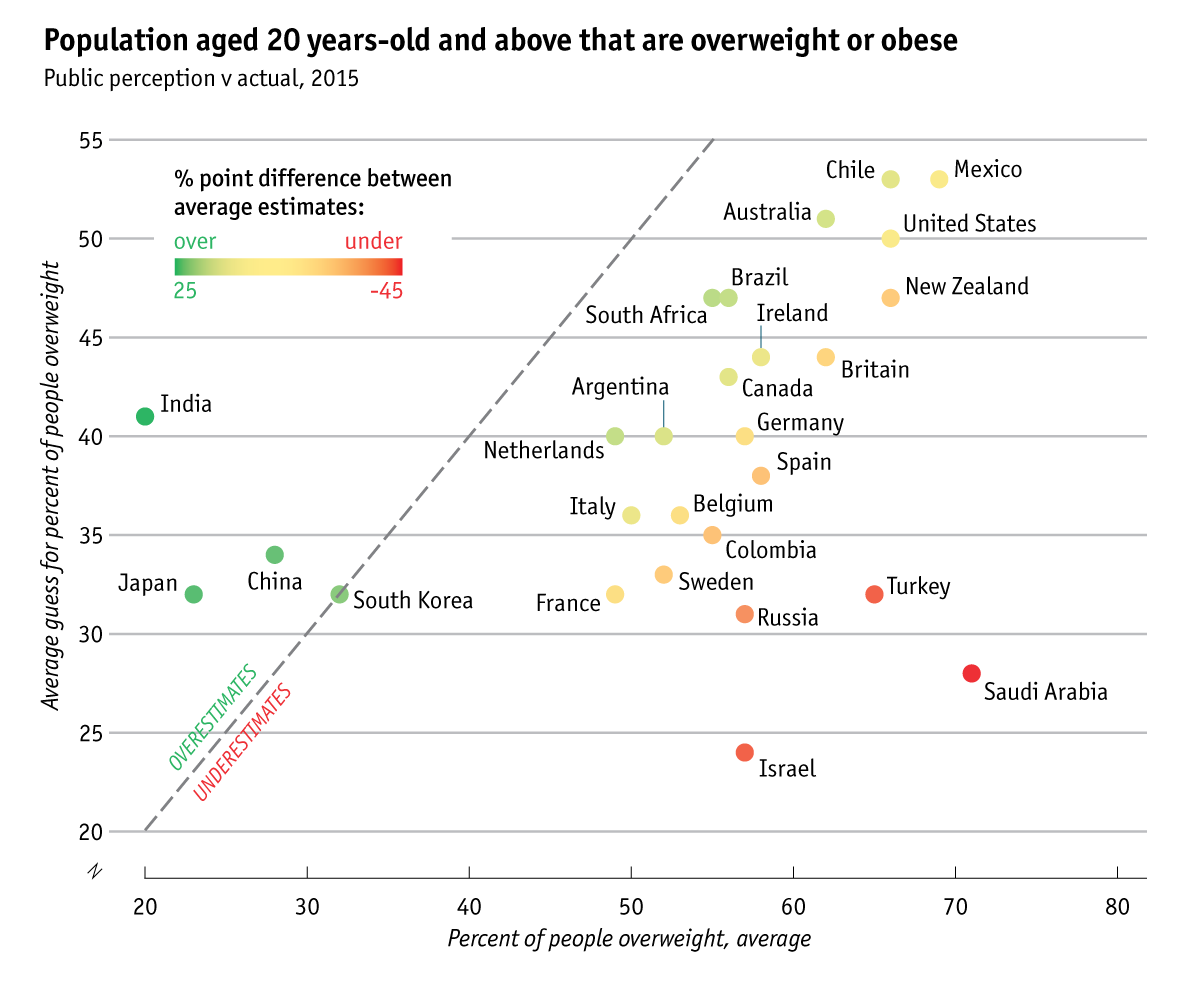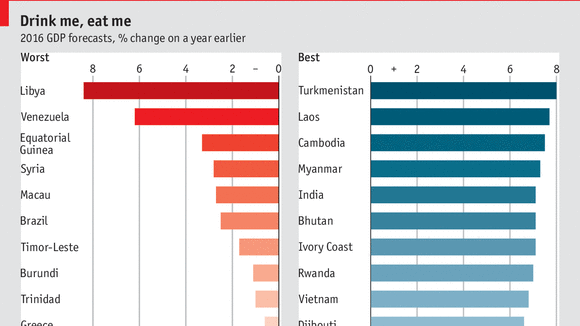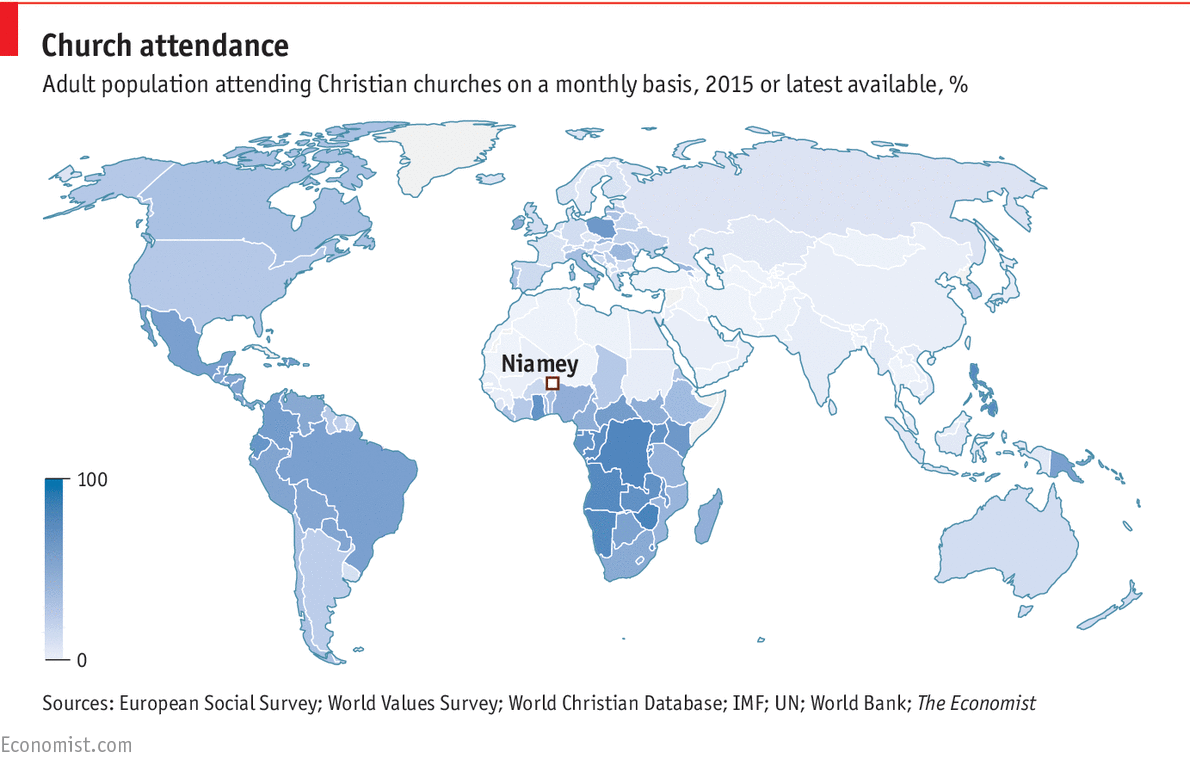Friday, February 19, 2016
Monday, January 11, 2016
Econ links fiesta
- Latest research on the effects of the minimum wage (Jeffrey Clemens): "My baseline estimate is that this period's full set of minimum wage increases reduced employment among individuals ages 16 to 30 with less than a high school education by 5.6 percentage points."
- Does Tinder boost assortative mating? "In sum, I expect Tinder to boost assortative mating, at least at the top end of the distribution in terms of IQ and education."
- Quadratic voting: an alternative to democracy? "In Glen's voting mechanism, every voter can vote as many times as he or she likes. The catch, however, is that you have to pay each time you vote, and the amount you have to pay is a function of the square of the number of votes you cast. As a consequence, each extra vote you cast costs more than the previous vote."
- "What makes an academic paper useful for health policy?" [Whitty 2015] From the abstract: "Academics underestimate the speed of the policy process, and publish excellent papers after a policy decision rather than good ones before it. To be useful in policy, papers must be at least as rigorous about reporting their methods as for other academic uses. Papers which are as simple as possible (but no simpler) are most likely to be taken up in policy.... The accurate synthesis of existing information is the most important single offering by academics to the policy process.... Models should, wherever possible, allow policymakers to vary assumptions."
Friday, January 8, 2016
Monday, December 7, 2015
Creative destruction, illustrated
Swiss watch exports suffer largest decline in 6 years following Apple Watch launch
Despite earlier bluster and claims that traditional mechanical watch buyers wouldn't be drawn to smart watches, some Swiss watch companies now seem to be doing an about-face and are embracing the idea of smart technology on the wrist. TAG Heuer released a "smart" version of its famous Careera watch earlier this month, which runs on Google's Android Wear platform and retails for $1,500.
Sunday, November 22, 2015
How is Development Econ taught in developing countries?
Interesting research from the WB:
Next time I'll incorporate data crunching in the exam; quote:
[D]eveloping country classes largely rely on written exams, essays, and presentations, and very rarely require students to use statistical software or answer...
Saturday, November 21, 2015
For class discussion: Theories vs. laws
Economic theory, however esoteric, (still) has its uses.
Monday, October 26, 2015
Cuba's broken market socialist economy
Great for classroom discussion.
Saturday, October 10, 2015
Friday, October 9, 2015
Cointegration and drunkards
A rather creative stylized description of cointegration:
Suppose you see two drunks (i.e., two random walks) wandering around. The drunks don't know each other (they're independent), so there's no meaningful relationship between their paths.
But suppose instead you have a drunk walking with her dog. This time there isa connection. What's the nature of this connection? Notice that although each path individually is still an unpredictable random walk, given the location of one of the drunk or dog, we have a pretty good idea of where the other is; that is, the distance between the two is fairly predictable. (For example, if the dog wanders too far away from his owner, she'll tend to move in his direction to avoid losing him, so the two stay close together despite a tendency to wander around on their own.) We describe this relationship by saying that the drunk and her dog form a cointegrating pair.
Thursday, October 1, 2015
Algorithms 101
Also a tribute to the pioneering and Nobel-winning work of Lloyd Shapley and Alvin Roth.
Subscribe to:
Posts (Atom)







